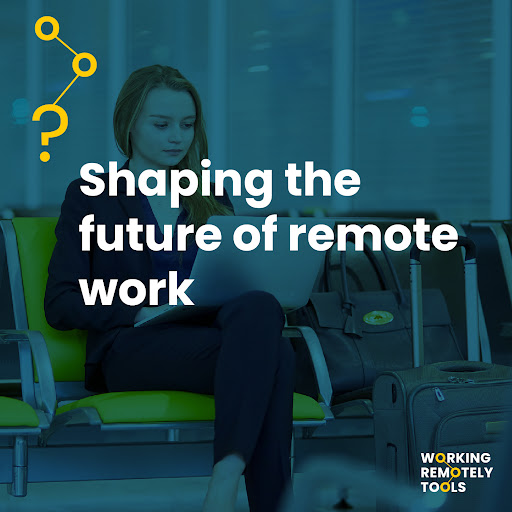Title: Shaping the Future of Remote Work: Virtual Reality Meetings and AI-Driven Assistants
The COVID-19 pandemic has accelerated the adoption of remote work, transforming how businesses operate and employees collaborate. As we look ahead, it’s clear that the future of remote work holds exciting possibilities fueled by technological advancements. Two particular trends stand out: virtual reality meetings and AI-driven remote assistants. In this article, we explore how these innovations are shaping the future of work.
The Rise of Virtual Reality Meetings
Virtual reality (VR) technology has rapidly advanced in recent years, making it increasingly accessible and practical for various applications. One of the most promising uses of VR is in the realm of remote work, particularly in the form of virtual reality meetings.
Imagine putting on a VR headset and finding yourself in a beautifully designed virtual conference room, surrounded by lifelike avatars of your colleagues worldwide. This immersive experience transcends the limitations of traditional video conferencing. Here’s how VR meetings are transforming remote work:
- Enhanced Collaboration: VR meetings offer a sense of physical presence, allowing for more natural interactions and collaboration. You can gesture, share virtual objects, and even “walk” over to a colleague’s virtual desk for a spontaneous chat.
- Reduced Fatigue: Unlike traditional video calls, where you stare at a screen, VR meetings are less fatiguing. They provide a more comfortable and engaging environment that helps combat “Zoom fatigue.”
- Global Connectivity: VR meetings enable employees to connect with colleagues, clients, and partners from anywhere worldwide, breaking down geographical barriers.
- Training and Onboarding: Industries like healthcare, education, and manufacturing can use VR for realistic training simulations and immersive onboarding experiences.
- Increased Productivity: The immersive nature of VR can enhance focus and productivity during meetings, making them more efficient.
AI-Driven Remote Assistants
Artificial intelligence (AI) is another game-changing technology that is set to revolutionize remote work. AI-driven remote assistants, powered by natural language processing and machine learning, are becoming increasingly sophisticated and integrated into our daily work routines.
Here’s how AI-driven remote assistants are shaping the future of remote work:
- Efficient Task Management: AI assistants can schedule meetings, set reminders, manage emails, and prioritize tasks, helping remote workers stay organized and productive.
- Instant Information Retrieval: AI-driven assistants can provide instant answers to questions, reducing the need for manual research and enabling faster decision-making.
- Automated Documentation: AI can transcribe and summarize meetings, generate reports, and perform data entry tasks, freeing up time for more strategic work.
- Personalized Recommendations: These assistants can provide personalized content and suggestions, such as relevant articles, based on an individual’s work habits and preferences.
- Language Translation: AI-powered language translation can facilitate communication among global teams, breaking language barriers.
- Enhanced Security: AI can play a critical role in identifying and mitigating cybersecurity threats in real-time, safeguarding remote work environments.
Challenges and Considerations
While these advancements hold great promise, they are not without challenges. Privacy concerns, data security, and equitable access to technology are important considerations. Additionally, the human touch and face-to-face interactions remain essential in some contexts.
The future of remote work is poised to be an exciting blend of cutting-edge technology and human ingenuity. Virtual reality meetings and AI-driven remote assistants are at the forefront of this transformation, offering improved collaboration, productivity, and efficiency. As these technologies evolve, remote work will become more accessible, engaging, and effective. It’s a future where distance is no longer a barrier to meaningful work and collaborations.
For more info, contact us.
